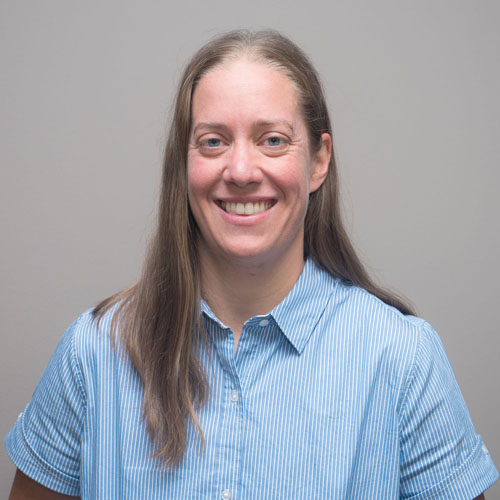A few members of PCG’s SEO team spent a day in New York City at Conductor’s annual C3 conference to nerd out about search engine optimization and content marketing. With a packed house of fellow strategists and industry thought leaders, it was a good day full of interesting insights, words of wisdom, and discussions of the future. Here are the biggest takeaways from this year’s event:
1. Content is Still King
The biggest recurring theme throughout the conference was that good-quality, kickass content still works. This was discussed heavily in the “The Modern Search Marketer: Thinking Outside the SEO Box” roundtable panel, which featured digital marketers from Wayfair, Bitdefender, Ticketmaster, CBS Interactive, and LinkResearchTools.
That sentiment was echoed throughout the rest of the day’s speakers. Technical SEO is good to know and other marketing bells and whistles don’t hurt, but at the end of the day, you can find success by simply producing the best content for your customers.
2. Low and High Funnel Customers Are Both Important
And while we’re on the topic of customers, don’t ignore the ones that are still in the research/consideration phase–or even the ones who aren’t in market just yet. It’s tempting to only target the people ready to buy, but if you do that, you’re missing out on the opportunity to build a relationship with people by positioning yourself as a trusted resource for the services and products your business offers. The “It’s Not Me. It’s You: Breaking Up with Old Digital Marketing Practices” and the “A Trail Map to Content Marketing Success” panels both preached the importance of playing the long game.
3. Search Intent is Everything
Search engines are getting smarter, but they are not infallible. Understanding a searcher’s intent is still one of the biggest challenges search engines and marketers alike face. Both Wil Reynolds from Seer Interactive and the marketing team from Ski.com discussed how keywords, monthly search volume, and searcher intent can differ or even be straight-up misleading.
Wil Reynolds shared a great example of this conundrum: Google the term “bank account.” Guess what shows up #1 in organic search? It’s a music video on YouTube for 21 Savage’s song “Bank Account.” Sorry actual banks, that keyword’s robust monthly search volume isn’t all for you anymore. There’s a huge chunk of people searching that phrase with no intention of ever doing business with you. They just want to listen to some music.
The above instance highlights why it’s crucial to both understand how people search for your business, products, or services and also why every now and then we SEO people should manually check search results.
4. Technical SEO Isn’t the Be All End All
Site speed, link building, HTTPS, 404-errors and 301-redirects–these are all good things to understand and have in your SEO tool bag, but they are not always the solution to ranking better.
Time and time again, the panelists preached the importance of technical SEO, but with the caveat that how much these things matter really depends on your industry and competition. If your competitor is outranking you, but you already have more links than them, then link building probably isn’t going to solve your problem, Wil Reynolds explained. Likewise, site speed and HTTPS are also relative. As the old saying goes, “You don’t have to run faster than the bear to get away. You just have to run faster than the guy next to you.”
5. Get Rid of the Paid and SEO Silos
This was a hot topic last year, and given how much it was discussed again this year in the opening keynote and in the “It’s Not Me. It’s You: Breaking Up with Old Digital Marketing Practices” panel, it’s important to do–and even hard to make happen. Not only should paid and SEO work together to provide a unified search strategy, but paid has a treasure trove of data that we should be taking advantage of. Keywords might be mostly (not provided) in organic, but they are certainly visible in AdWords. Plus, they come with all sorts of other exciting metrics including impressions, clicks, and conversions. Use what you already have; it’s both free and better than estimates.
